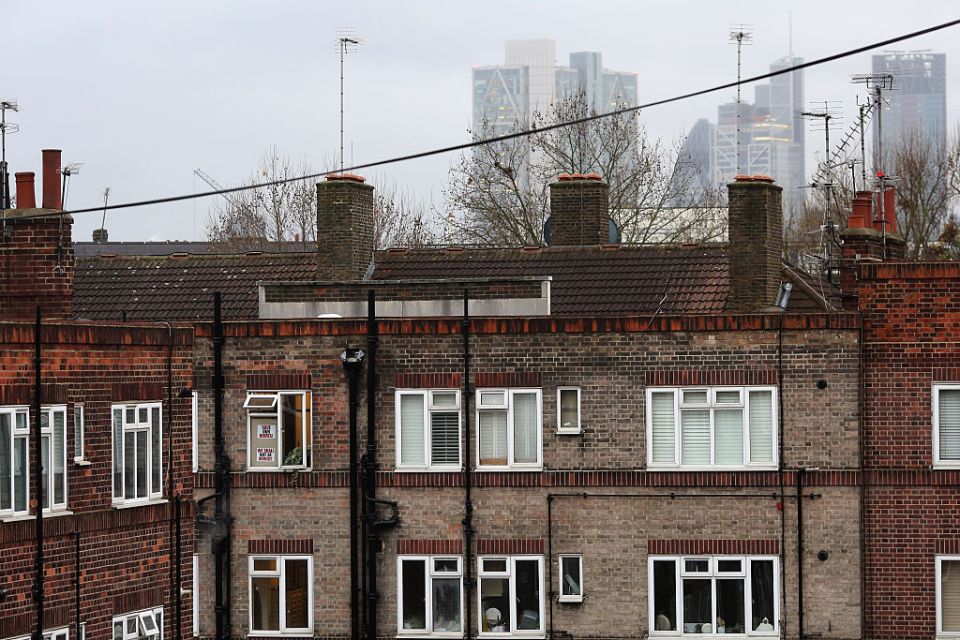As long as landlords get away with bad behaviour, we’ll still have a housing crisis

Michael Gove wants to ban no fault evictions, but very few landlords ever get prosecuted for breaking the laws we already have in place, writes David Smith
Housing regulation is often described as a “postcode lottery”. The sad reality for tenants stuck in poor quality housing and for good landlords trying to do the right thing is that it is far worse than this.
Enforcement of most housing regulation, from ensuring proper standards of repair, through enforcing safety regimes such as electrical safety certificates, to protecting tenants from unlawful eviction is handled by local housing authorities. In London, this is through the 32 London Borough Councils; elsewhere it falls mainly to district councils and unitary authorities.
Unfortunately, the level of enforcement activity has always been very variable. Many local authorities in England have never prosecuted a landlord at all for poor standards, while in London the vast majority of enforcement action has been undertaken by just two local authorities, according to figures from the National Residential Landlords’ Association. Just 23 landlords were prosecuted for unlawful eviction in 2020, and only half of these prosecutions proved successful, according to figures from Cambridge House.
This sits in stark contrast to Michael Gove’s efforts as Housing Secretary to stop what he calls “unscrupulous landlords”.
Lack of enforcement of legal requirements is in many ways worse than a lack of appropriate law. Where a standard is introduced, good landlords will tend to meet it, increasing their costs and ultimately the rent they will seek to charge.
Bad landlords, however, will not comply with the law and if there is no effective enforcement will not face the cost of that lack of adherence to standards. They will be able to make a larger profit but will also potentially be able to charge a lower rent and access poorer and more vulnerable people. There is a strong correlation between properties at the lowest ends of the rent spectrum and their lack of adherence to legal requirements.
Gove’s plan to outlaw Section 21 orders – otherwise known as no fault eviction – will fall flat if there is no means for enforcement. At the same time, fresh figures published by Shelter yesterday show the extent of tenants fears, with three quarters not asking for maintenance and repairs for fear of eviction.
Tenants will be trapped in sub-standard and unsafe accommodation with little prospect of improvement unless the law allows them to take action for themselves. But in several areas, like gas and electrical safety, there are no powers for tenants to take their own action. Even for matters where tenants can take a case, it is a slow process which usually requires a lawyer. The number of lawyers offering this type of assistance, especially to tenants who are reliant on state assistance with legal fees, has progressively dropped as unreasonable rates and slow payment have taken their toll.
London feels many of these problems more acutely because of the enormous pressure on housing in the capital. As a result bad landlords are motivated to not just ignore safety standards but also overcrowd properties, increasing the risk of disaster.
Gove believes removing no fault evictions will solve many problems by removing the fear of being kicked out for reporting issues. But this form of eviction is already banned – where a tenant complains of a problem to a local authority and they serve a notice requiring improvements. As the new limits on eviction take hold, bad landlords are likely to resort to harassment and unlawful eviction to deal with complaining tenants. There seems little likelihood that they will face penalties for doing so.
A use of the phrase postcode lottery implies that there are some winners. Sadly, in the current housing crisis it seems there are only losers.
